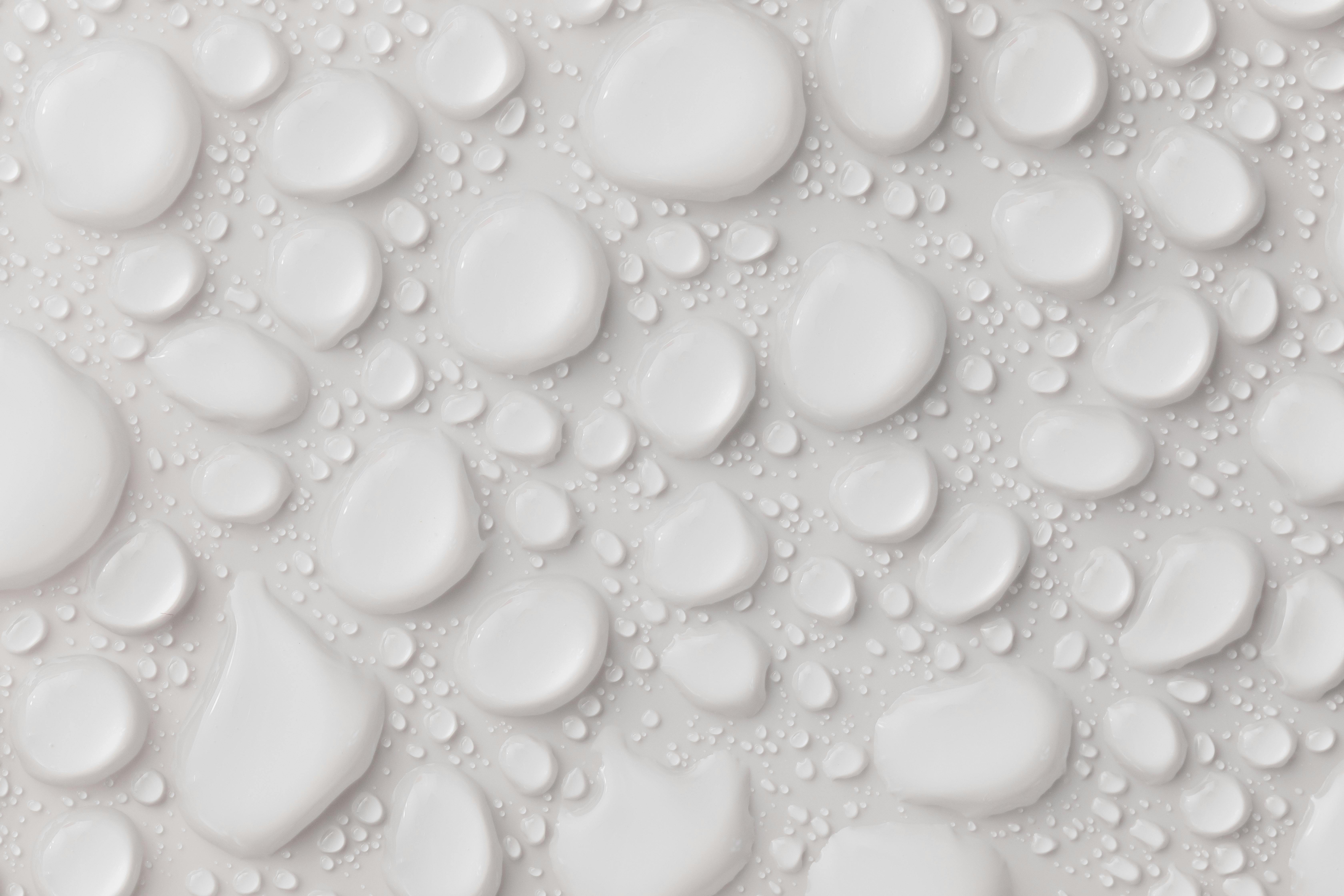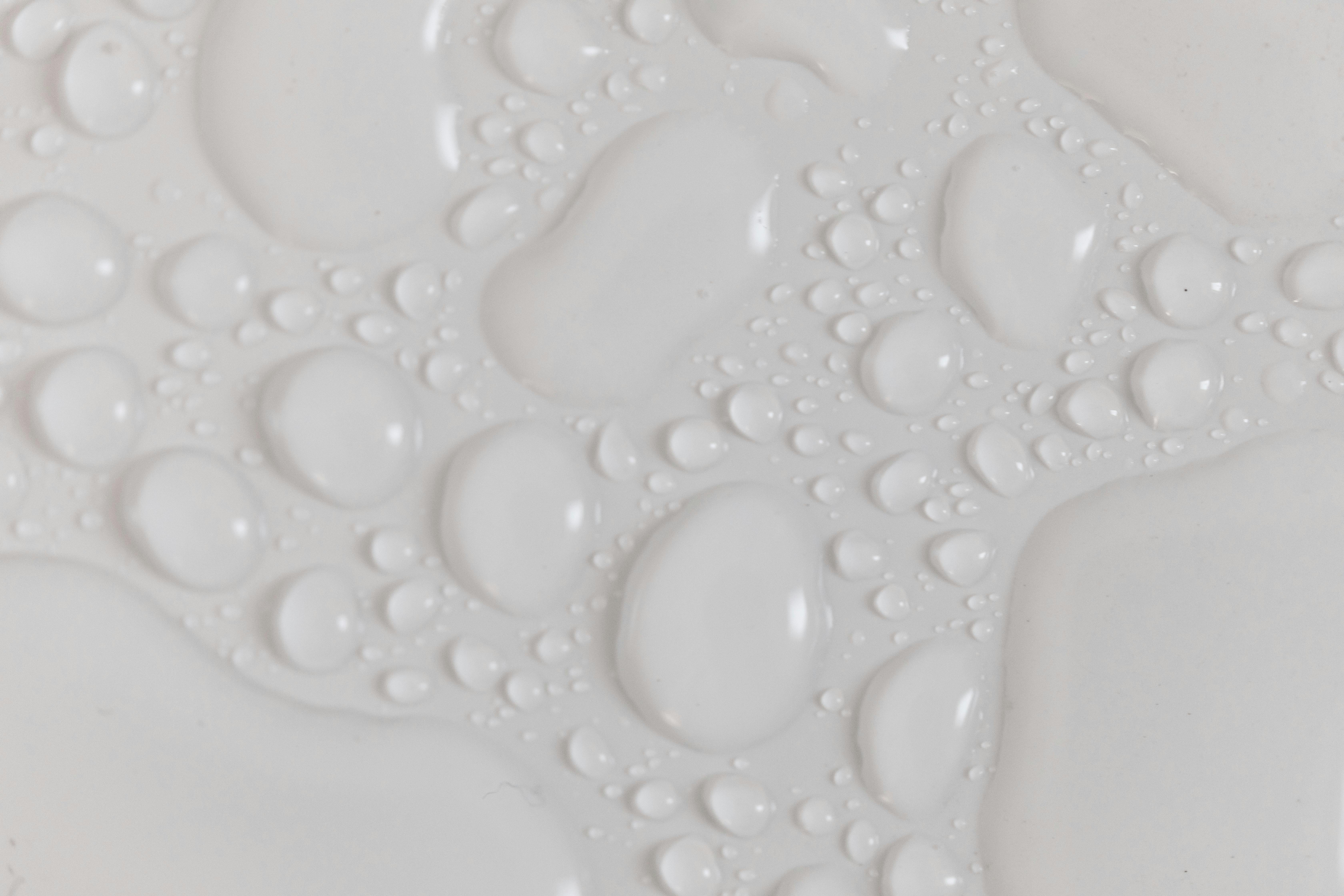Distilled water is water that has been boiled and then cooled so that impurities like minerals, bacteria, and other contaminants are removed. This process of boiling and cooling leaves behind a pure form of water that has many uses in both industrial and home applications. The difference between distilled water and regular tap or bottled water lies in the composition of the resulting product, with distilled water being free from minerals and other contaminants.Distilled water is water that has been boiled into vapor and then condensed back into liquid form. It does not contain any of the minerals or chemicals that are found in normal tap water. Distilled water is often used in medical and scientific settings, as well as for drinking, steam irons, and car batteries.
Characteristics of Distilled Water
Distilled water is a form of purified water that has been processed to remove minerals, bacteria, and other impurities. It is one of the purest forms of water available and is often used in scientific experiments and medical processes. The main characteristics of distilled water include its lack of taste, lack of minerals, its neutrality on the pH scale, and its low electrical conductivity.
Due to its purification process, distilled water is free from minerals and other substances found in regular tap water. This makes it taste bland or flavorless compared to regular tap or spring water. Its lack of minerals also makes it ideal for use in medical settings because it won’t interfere with the body’s natural balance.
The pH value of distilled water is neutral at 7, which means it isn’t acidic or alkaline. This neutrality makes it ideal for use as a cleaning agent in many industries because it won’t react with other substances. It can also be used for drinking purposes since it won’t upset the body’s natural pH balance.
Finally, distilled water has a very low electrical conductivity level
Distilled Water Production
Distilled water is produced through a process known as distillation. This process involves boiling the water until it evaporates, leaving behind contaminants and other impurities. The vapor then condenses back into water, which is then collected in a separate container. The result is pure, clean drinking water that has been stripped of any harmful impurities or chemicals. Distillation is an effective way to remove many types of impurities from water, including heavy metals, bacteria, viruses, and organic compounds. It is also one of the most cost-effective methods for purifying large amounts of water.
Since distilled water has had all of its minerals and other components removed, it must be consumed in moderation as it can lead to mineral deficiencies if too much is consumed over time. For this reason, distilled water should not be used for extended periods of time or as a primary source of drinking water without consulting with a healthcare professional first.
Benefits of Drinking Distilled Water
Drinking distilled water has many benefits. Distilled water is pure, meaning it does not contain any minerals, impurities, or pollutants that can be found in regular tap water. This makes it an ideal choice for those looking to improve their health and overall well-being. As distilled water is free of pollutants, it can help to reduce the risk of disease and illness caused by exposure to harmful chemicals or bacteria. Furthermore, drinking distilled water can help to improve the taste of beverages and food cooked with it, as it does not have a metallic aftertaste like regular tap water.
Another benefit of drinking distilled water is that it helps to detoxify the body due to its lack of minerals. This helps to flush toxins out of the body quicker than regular tap water which often contains trace amounts of contaminants. Additionally, drinking distilled water can help to reduce bloating and gas discomfort due to its low mineral content. This makes it a great choice for those looking for a healthier alternative to regular tap water.
Finally, drinking distilled water can also help with weight loss due to its lack of calories and minerals. As
Advantages of Drinking Distilled Water
Drinking distilled water has many benefits. It is free of contaminants, such as bacteria, viruses, and other microorganisms, that can be present in some water sources. Distilled water is also free of heavy metals and chemical pollutants that may be found in tap water. In addition, it has a neutral pH balance that makes it more gentle on the digestive system. Furthermore, it has a longer shelf life than other types of purified water, meaning it can be stored for longer periods without losing its quality.
Disadvantages of Drinking Distilled Water
There are some potential drawbacks to drinking distilled water as well. One negative is that it lacks certain essential minerals and electrolytes found in other types of water, such as calcium and magnesium. Additionally, since it is so pure, drinking large amounts of distilled water can lead to an electrolyte imbalance in the body. This can cause nausea, headaches, fatigue, and even confusion in some cases. Lastly, distilled water has a flat taste that many people do not enjoy compared to other types of purified or filtered waters.

Is Distilled Water Safe to Drink?
Distilled water has been used for centuries as a means of purifying drinking water. It is created through the process of distillation, which involves boiling water and then condensing the steam into a separate container. This process removes impurities, such as minerals, bacteria, and other organic compounds from the water. As a result, distilled water is considered to be one of the purest types of drinking water available.
The safety of drinking distilled water depends on several factors. First and foremost, it is important to make sure that the distillation process is done correctly. If not done properly, contaminants could still remain in the water due to human error or inadequate equipment. Additionally, if the container used to store distilled water is not properly sanitized before use, bacteria can grow in it over time.
In general, distilled water is safe for consumption when properly produced and stored in a clean container. However, it should not be relied upon as one’s sole source of drinking water due to its lack of essential minerals and nutrients that are typically found in other types of drinking water such as spring or mineral waters. It is
Boiled Water vs Distilled Water
Boiled water and distilled water are both forms of purified water, but they are produced differently. Boiling water is a process of heating liquid water to its boiling point, which is 100°C or 212°F. During this process, impurities such as chemicals and minerals are left behind in the container that the water was boiled in. The steam that is produced during boiling rises and passes through a condenser, leaving behind pure, clean water. Distilled water on the other hand is created by distillation which involves boiling the liquid and then collecting the vapor that condenses back into liquid form. This process removes impurities from the liquid such as salts and heavy metals. Both boiled and distilled water are safe to drink and can be used for various purposes such as cooking or cleaning. However, boiled water may still contain some small amounts of contaminants while distilled water has been filtered for a much higher degree of purity.
Boiled water can be used for drinking if it is filtered first to remove any floating particles or contaminants that may be present in it. Boiled water can also be used for making coffee or tea since it does not contain
Reverse Osmosis Water
Reverse osmosis (RO) is a process used to remove particles, ions, and other impurities from water by forcing it through a semipermeable membrane. This membrane can remove impurities as small as molecules and ions. Reverse osmosis has become popular in recent years as an effective way to purify water for drinking, cooking, and other uses. It is also used in some industrial processes to produce high-purity water for use in manufacturing or other applications.
The reverse osmosis process works by using pressure to force water molecules through the semi-permeable membrane. The membrane is designed to allow only certain molecules or ions to pass through while rejecting others, thus removing impurities from the water. This process is known as “reverse osmosis” because it works in the opposite direction of natural osmosis, which occurs when fresh water moves through a semi-permeable membrane into an area with a higher concentration of salts or other solutes.
Reverse osmosis has several advantages over other purification methods

Conclusion
Distilled water is a type of purified water that has had impurities and minerals removed from it. It has a variety of uses, from medical to industrial, but it is most often used in households for drinking and cooking. The main difference between distilled and regular tap water is that distilled water is pollutant-free and contains no minerals or other substances. Distillation is the process by which contaminants are removed from the original source of water, leaving only the purest form of the liquid behind. Compared to regular tap water, distilled water tastes less appealing because of its lack of minerals, but its purity makes it a safe choice for drinking and cooking.
Ultimately, distilled water offers many advantages over regular tap water due to its lack of pollutants and other contaminants. It can be used in a variety of ways, including drinking and cooking. While it may not taste as great as regular tap water due to its lack of minerals, it remains a safe choice for those who want a pollutant-free option.

